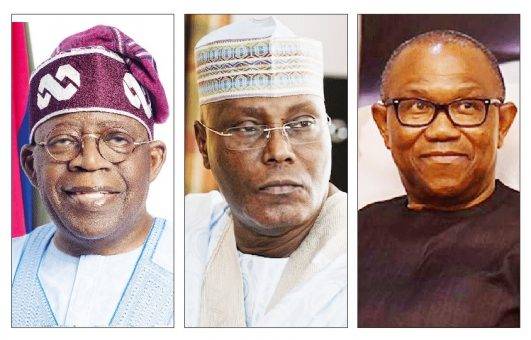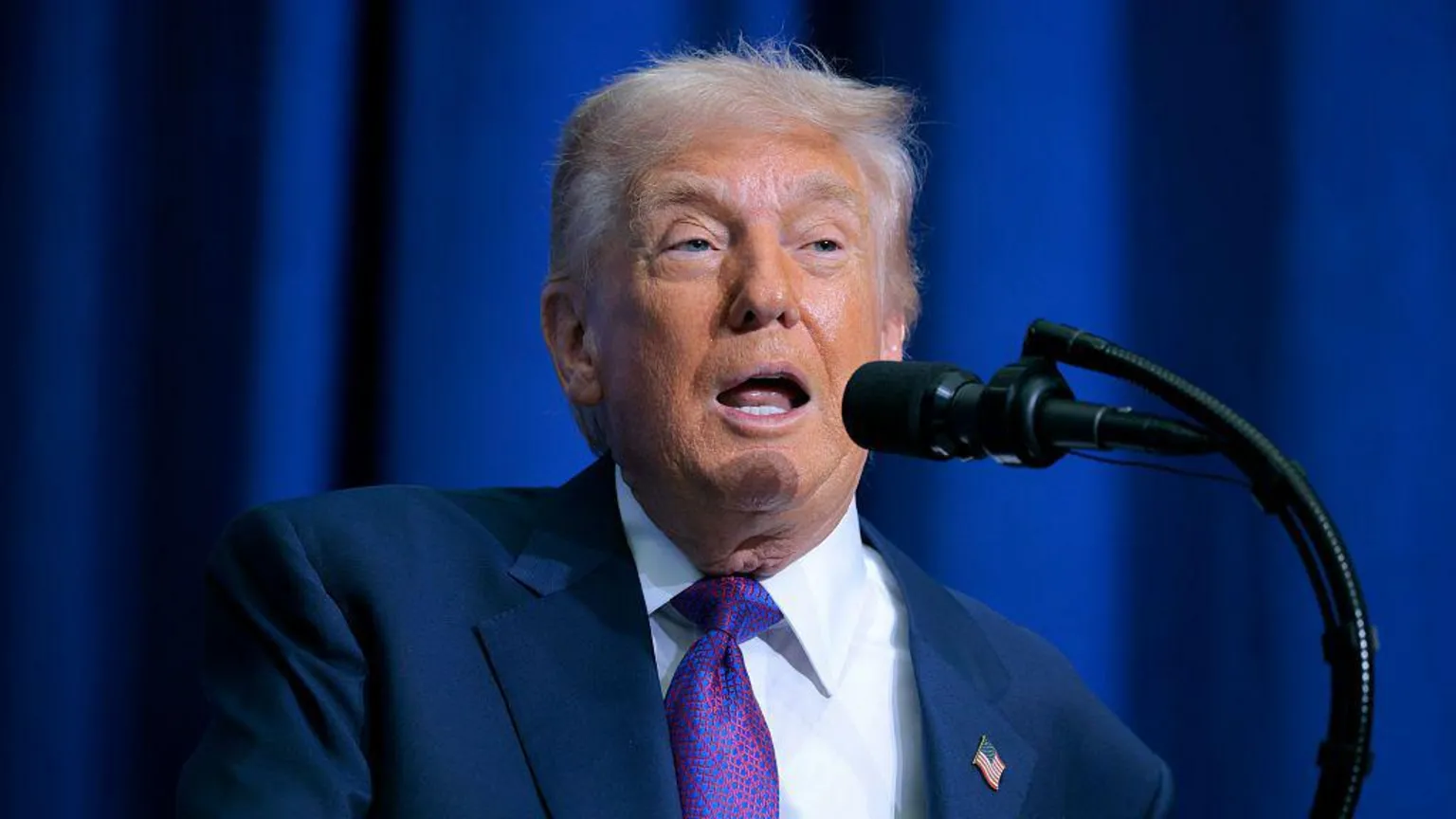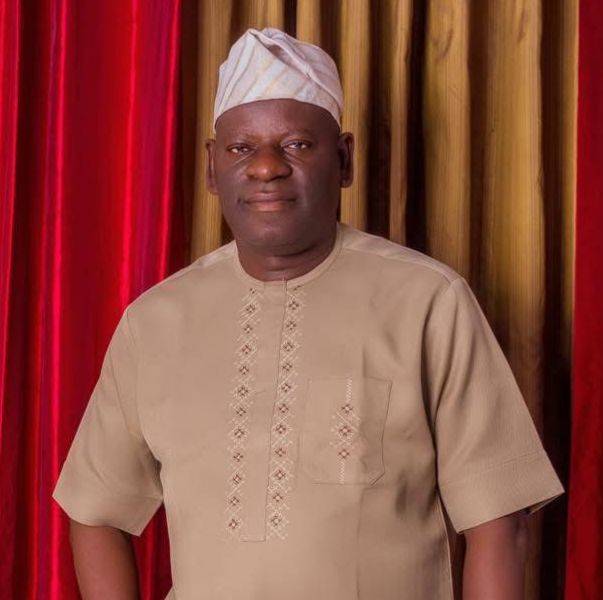Ahead of the 2027 general elections, the National Assembly is proposing that presidential and gubernatorial polls be held in November 2026 instead of the traditional February or March 2027.
The proposal is contained in the draft copy of various amendments to the 2022 Electoral Act, which stipulates that elections into both offices should be conducted not later than 185 days before the expiration of the tenure of the incumbent on May 29.
The proposed amendments came to the fore on Monday during a one-day public hearing organised by the joint committee of the senate and the house of representatives on electoral matters.
At the hearing, many stakeholders demanded the introduction of electronic voting and electronic transmission of results to strengthen transparency.
Section 4 (7) of the proposed amendment states that “elections into the office of the president and governor of a state shall be held not later than 185 days before the expiration of the term of office of the last holder of the office.”
By calculation, 185 days before May 29, 2027, falls in November 2026, since the number of days from May 28, 2027, to December 1, 2026, is 180.
For legislative elections, section 4 (5) of the proposed amendment provides that “elections into the state houses of assembly and the national assembly shall be held not later than 185 days before the date on which each of the houses stands dissolved.”
To unlock constitutional impediments to the change, the joint committee noted in the draft that “section 28, now section 27 (5–7), was introduced due to amendments to sections 76, 116, 132 and 178 of the constitution, which seek to remove the determination of election timelines from the constitution to the electoral act.”
‘AMENDMENT WILL GIVE ROOM FOR LITIGATION’
Adebayo Balogun, chairman of the House of Representatives committee on electoral matters, said the goal is to create enough time for the resolution of election petitions before the swearing-in of winners.
“To ensure that all manner of election litigation is dispensed with before the swearing-in of winners, we are proposing an amendment that will reduce 180 days of tribunal judgement to 90 days,” he said.
“Ninety days are expected of judgement by the appellate court, up to 60 days up to the supreme court, which will all not exceed 185 days.”
Balogun added that sections 285 and 139 of the 1999 Constitution will also be amended to align with the proposed changes.
Other significant proposals include early voting, contained in section 2 of the draft bill, which provides that “there shall be a date set aside for early voting not later than 14 days before the day of the election.”
Categories of Nigerians eligible for early voting include security personnel, officials of the electoral commission, accredited observers, journalists, and ad hoc staff of the commission.
ELECTRONIC TRANSMISSION OF RESULTS MADE COMPULSORY
The proposed amendment also introduces mandatory electronic transmission of election results and makes the use of permanent voter cards (PVC) non-compulsory.
Section 60 (5) of the draft provides that “the presiding officer shall transmit the results, including the total number of accredited voters, to the next level of collation both electronically and manually,” while prescribing penalties for non-compliance.
It also criminalises the distribution of unstamped ballot papers and result sheets, with offenders liable to one year imprisonment or a fine of N1 million — or both.
All stakeholders who made presentations at the hearing, including Abdullahi Zuru, representative of the Independent National Electoral Commission (INEC), aligned with the joint committee’s proposals.
The Cable














